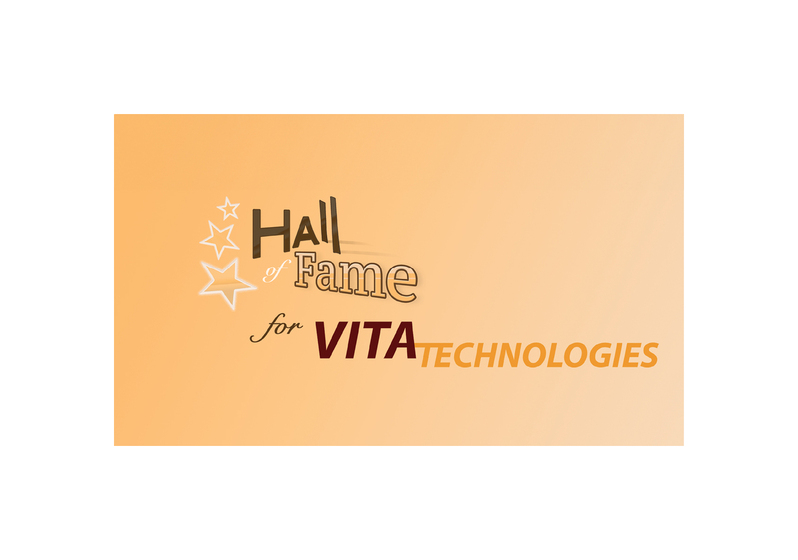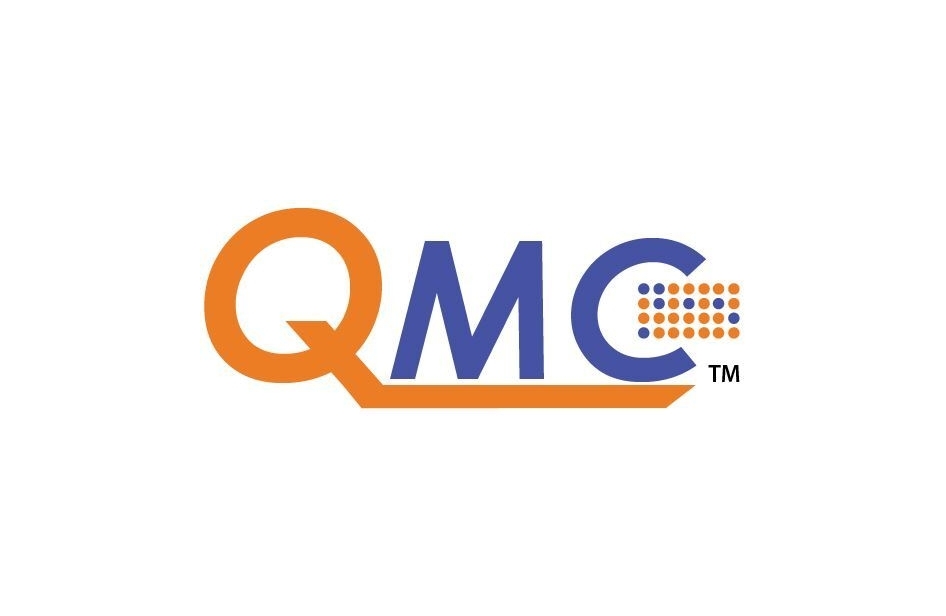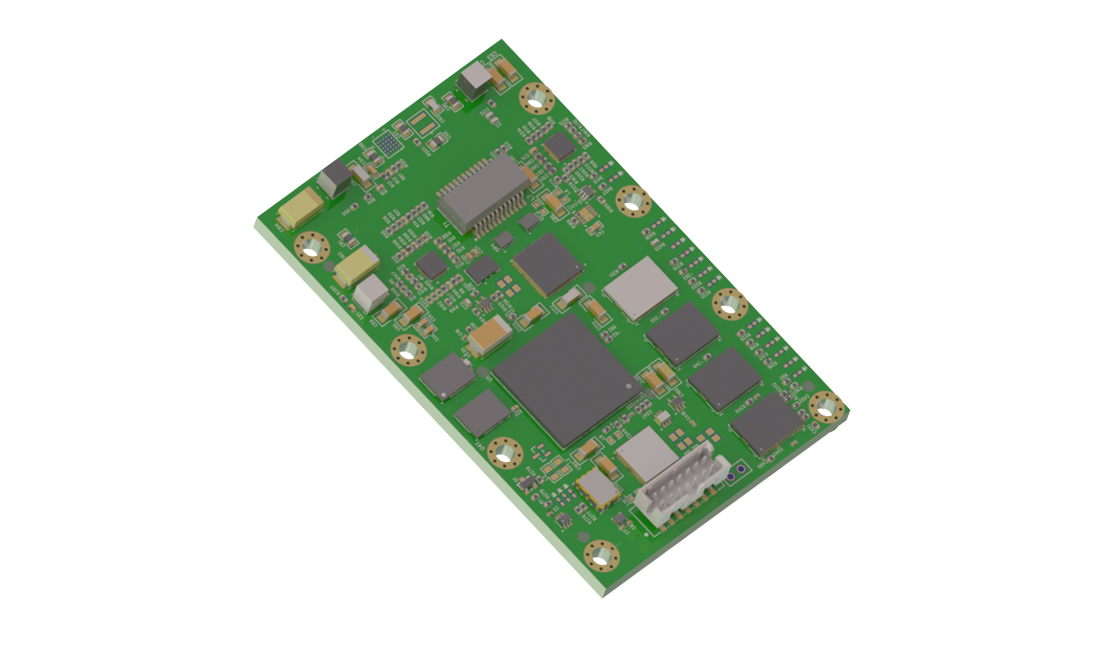Few companies in the business of manufacturing boards and systems using VITA technology exclusively develop products based on that technology. They also develop products in other form factors, depending on their market focus and the needs of their customers. Successful suppliers leverage the same core technology into various form factors in a way that minimizes the amount of development work and maximizes the reuse of their own core competencies.
Mercury Systems demonstrated this practice recently with the announcement of an ATX-class server (Figure 1) based on relevant technology from the company’s VPX product lines. When I first saw this press release, I was not sure what it might have to do with VITA technologies. But after a conversation with Shaun McQuaid, Mercury’s Director of Product Management, and Rich Jaenicke, Director of Market Development and Strategic Alliances, about the sensors-to-servers strategy that drives Mercury Systems product development, I understood what an ATX form factor server had in common with VPX.
First was the common market focus. Mercury Systems is well known for its computing systems used in high-performance processing and sensor data collection for a wide variety of defense platforms. The ATX-class servers are designed for mission processing, sensor processing, and cybersecurity applications, addressing the defense market’s need for affordable and trusted solutions for mission-critical functions. Being a motherboard-based architecture, ATX is inherently lower in cost, which helps meet the budget constraints of many programs.
Second is security. Mercury secure servers are designed and made in the United States, using trusted devices from managed supply chains by U.S.-based employees working in domestic secure facilities. Not only must the hardware and software be sure, but also the whole supply chain must be impervious to security breaches.
Trusted Mercury-coded hardened BIOSs and firmware running on Intel Xeon server-class processors provide a secure software environment. An open-architecture middleware framework enables customers to easily port their applications to hardware. Configuration options include pre-integrated secure hypervisors and solid-state drive (SSD) storage, third-party component hardening, and commercial or rugged packaging configurations.
The third area of commonality is with technology reuse of designs for cooling and rugged packaging from chips to enclosures. Mercury Systems spends a lot of development energy on cooling strategies and design elements for rugged operating environments. The experience gained for VPX can be leveraged by ATX-class servers.
“Mercury’s secure servers are made from devices sourced from trusted supply chains, and the servers themselves have extended service lives and greater levels of ruggedness for military applications,” McQuaid said. “These servers have extensible security and reliable ruggedness built right into them.”
The servers support the DoD’s 5200.44 directive, enabling the protection of mission-critical functions to achieve trusted systems and networks. Additionally, the servers are manufactured using commercial-off-the-shelf (COTS) processors, memory, and peripherals, preserving commodity affordability while incorporating design and packaging that meet DoD customers’ security and ruggedness requirements.
Mercury’s proven third generation of secure building blocks is trusted to protect the most sensitive customer program information. These building blocks comprise an adaptable security platform that provides the foundation for customer personalization and innovation. The extensible nature of this security approach enables these secure servers to be easily upgraded with the latest technology advancements for built-in future proofing. Mercury continuously updates countermeasures to offset emerging threats and makes these available to customers via firmware updates.
“These open systems architecture (OSA) secure servers are application-ready and especially appropriate for technology refreshes,” McQuaid said. “This creates an extremely low-risk adoption proposition for new or refreshed applications requiring robust system integrity. The servers can be seamlessly dropped into existing infrastructures as secure and trusted replacements for commercial servers with the same QPI/SMP processing capabilities – there are no processing compromises.”
The ATX-class servers fit well into the Mercury Systems STAR strategy of secure, trusted, affordable, and rugged computing elements.
For more information, visit https://www.mrcy.com/rackmount/







